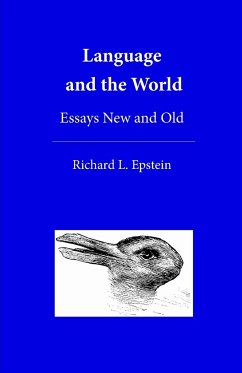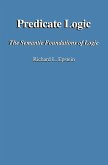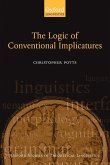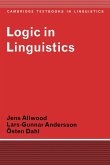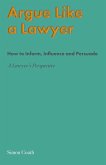This book presents a new perspective on ways we encounter the world with our languages. There are two kinds of languages. Some direct speakers to encounter the world as made up of things. Others direct speakers to encounter the world as the flow of all with no idea of change, for there is no thing to change, only differing descriptions of the flow. The essays by Richard L. Epstein set out this division of languages and explore its significance for linguistics, metaphysics, thought, meaning, logic, and ethics. The other essays, by Dorothy Lee, Benjamin Lee Whorf, M. Dale Kinkade, Friedrich Nietzsche, and Benson Mates, extend, or contradict, or support those ideas, leading to a large view of how we talk and understand, and how that affects how we live.

